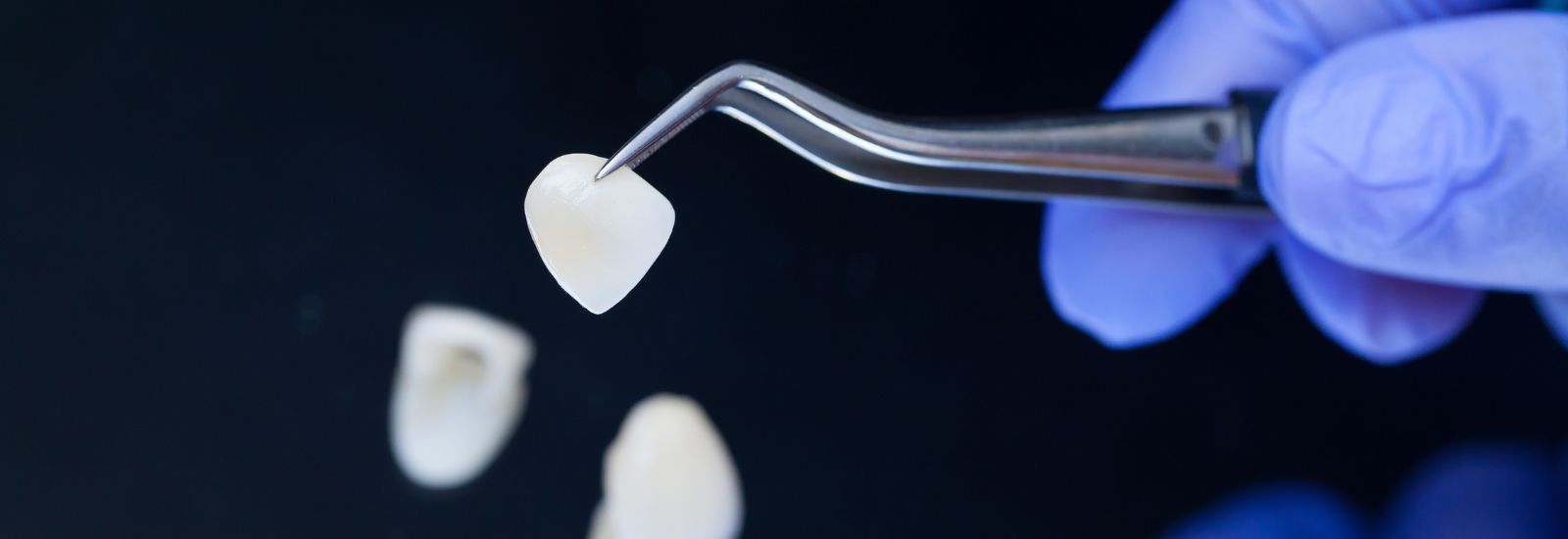Restorative & Cosmetic Dentistry in Seattle

What is a crown?
A crown is a restoration that covers, or “caps,” a tooth to restore it to its normal shape and size, strengthening and improving the appearance of a tooth. Crowns are necessary when a tooth or teeth are too badly decayed, broken or cracked to be easily restored with a filling.
If you have severe tooth decay or enamel erosion, a crown can be a good solution. A dental crown is a prosthetic object that is attached to a tooth. Not only it improves the appearance, but it only helps you chew and speak the way you normally do.
In addition, if you grind and clench your teeth so much that it damages your teeth structure, a crown can be an option.
Porcelain crowns do not only re-establish your teeth in function, but they also look just like your natural teeth. Compared to porcelain veneer that only covers the front portion of your teeth, porcelain crown covers the whole tooth, and it’s thicker and stronger.
Procedure
When we have decided to go ahead with a full crown restoration, we will set aside 2-3 appointments for the entire process. Although the majority of crowns are completed in two visits, there is sometimes a need for a third visit to ensure a proper fit.
The procedure begins with the removal of all decay in the tooth. Once we have removed the decay, we will take an impression of the tooth. This impression will be sent to our lab where your new restoration will be crafted. While this new tooth is created, we will provide you with a temporary restoration. Our temporary restorations will resemble your natural teeth so that you can continue with your daily life without worrying about a missing or incompatible tooth.
During your second visit to the office, we will proceed with the placement of your final restoration. This crown will be fitted comfortably into the mouth. We will make every effort to ensure that the new tooth feels exactly like one of your natural teeth. The final step in the process is to cement the crown into your mouth, leaving you with a beautifully restored smile.
If you are in need of dental crowns in Seattle, North Seattle, Northgate, Shoreline, Mountlake Terrace, Kenmore, Edmonds, Lynnwood, Kirkland, Bothell, Lake Forest Park, Bellevue, Mercer Island, Everett, Medina, and Woodinville, call A Dental & Denture at (206) 445-0030.

